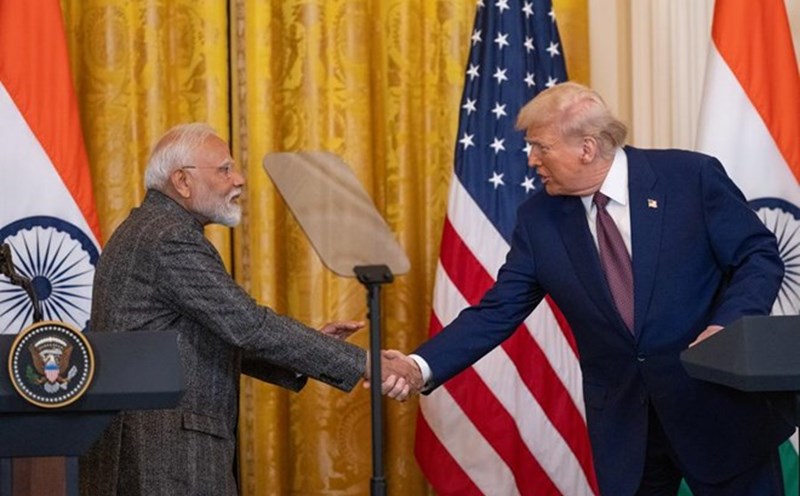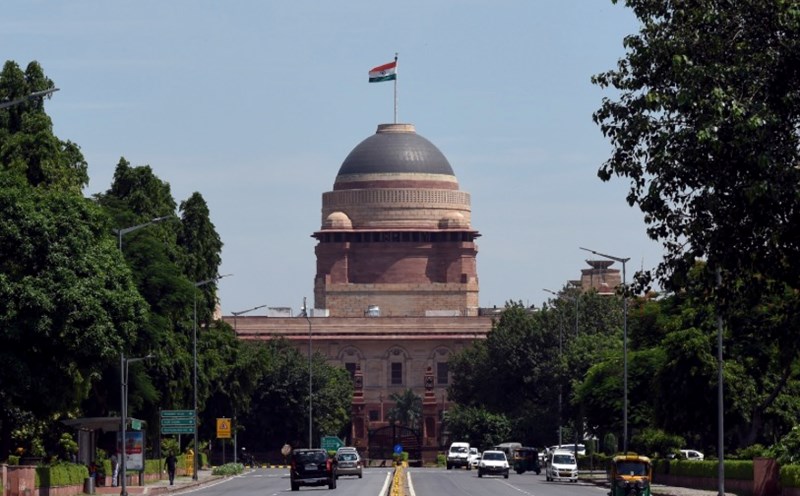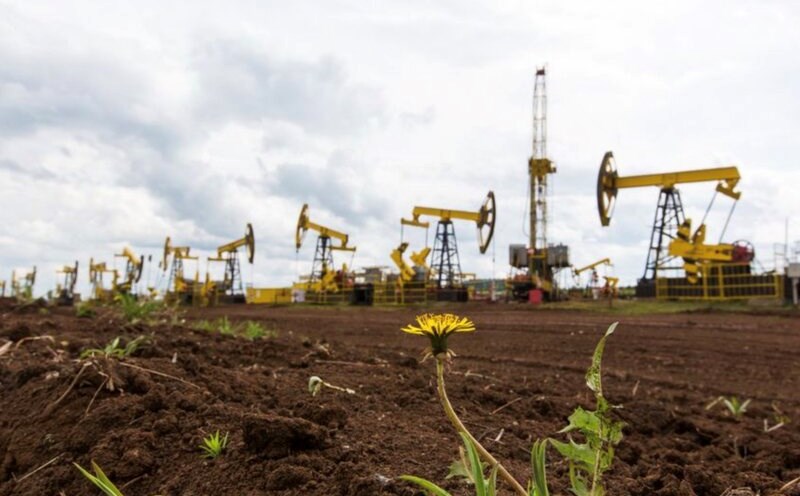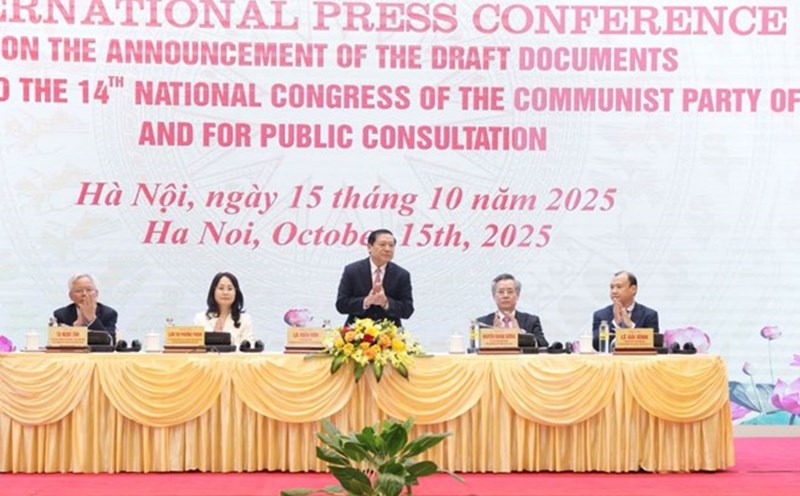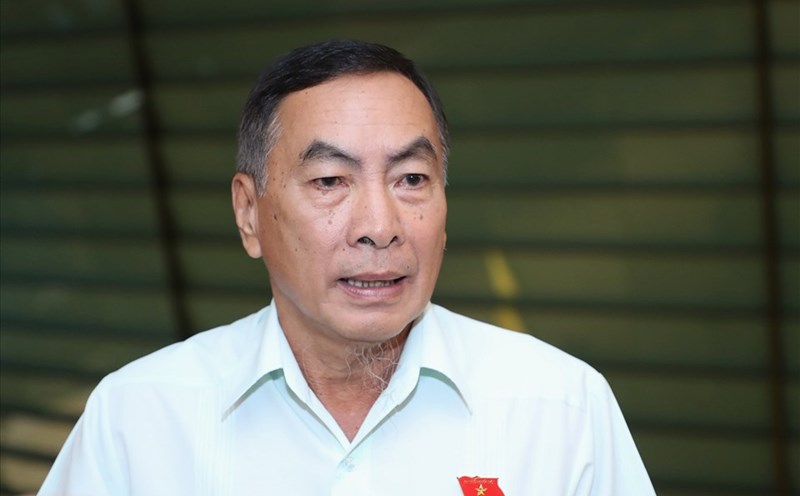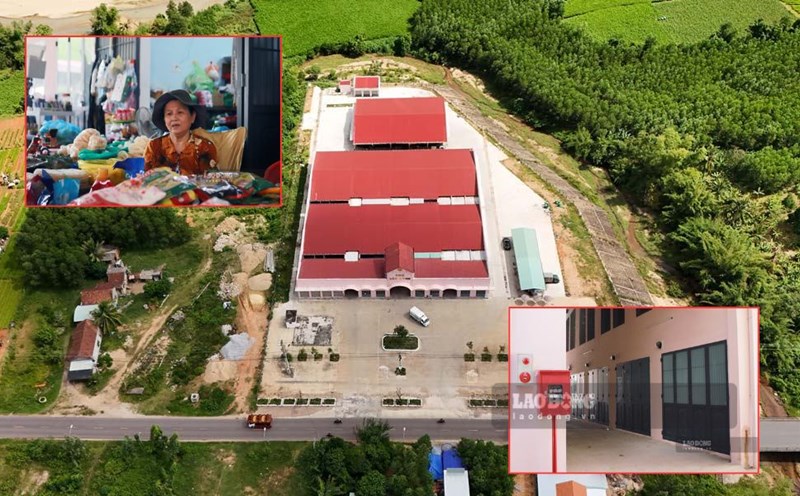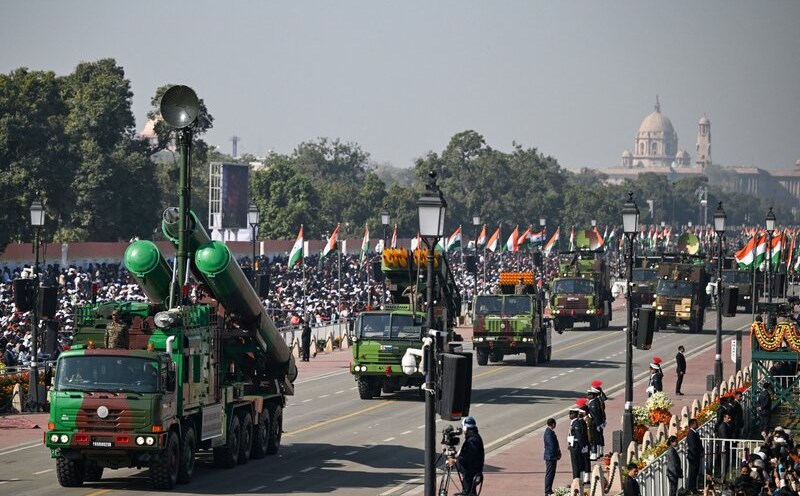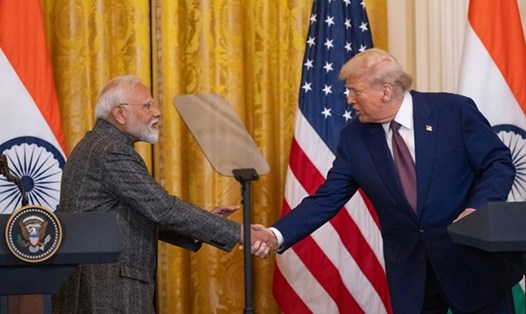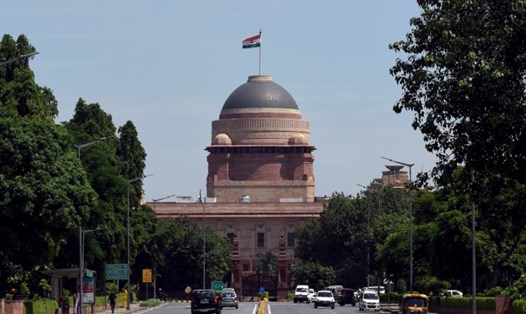India and Brazil are stepping up economic and climate cooperation to strengthen the BRICS bloc and strengthen the negotiating position of the Southern Hemisphere countries, in the context that both countries are facing increasing trade tensions with the US.
Analysts say the move is not only to protect their economy from sanctioned tariffs, but also to affirm its impact on multilateral issues, from energy security to global climate policy.
During Brazil Vice President Geraldo Alckmin's visit to India from October 15-17, the two countries agreed to increase bilateral trade turnover to 20 billion USD by 2030 - up from 12 billion USD last year. This move comes as both countries seek to diversify their trade partners after the US imposed an import tax of about 50%.
Speaking at the event, Mr. Alckmin described India as a priority partner, while Indian Commerce Minister Piyush Goyal emphasized that the relationship is built on "common values and complementary strengths".
Mr. Manjeev Puri, former Ambassador of India to the EU, explained: "This partnership is very important and the two countries can help and complement each other. Cooperating with Brazil is good for our country, and we will continue to support Brazil, regardless of whether the US causes difficulties or opposes it."
Both countries are strong supporters of protecting the interests of developing countries in the Southern Hemisphere. Brazil often raises issues such as food security at multilateral forums, while India promotes digital infrastructure sharing and includes the African Union in the G20.
Bilateral cooperation is expected to go deep in many areas. Experts point out that Brazil's pioneering efforts in developing biofuel from sugarcane could help India cut crude oil imports.
The most important thing is the green energy sector. Observers hope the partnership will promote global climate goals, especially as the US has withdrawn from the Paris Agreement.
In reality, the potential for cooperation is huge. Brazil has nearly 90% of its electricity from renewable sources, while India has achieved the goal of 50% of its electricity from non-fossil sources 5 years earlier. Brazils biofuel platform and hydrogen ambitions match Indias large-scale renewable energy production and green hydrogen promotion, says Uday Chandra from Georgetown University.
Analysts believe that the pressure from US tax policies will be a driving force for BRICS countries to coordinate more deeply with each other.

